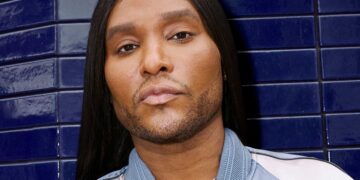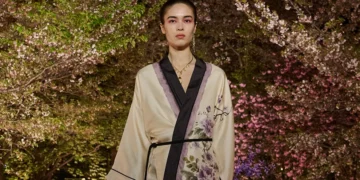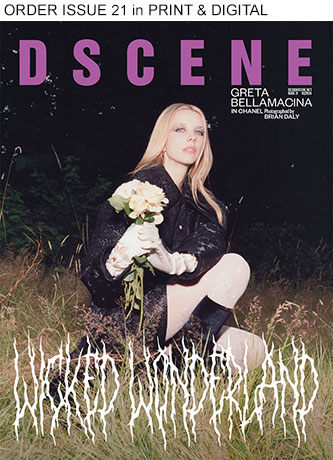
The announcement of the Victoria’s Secret Fashion Show’s return after a five-year hiatus has sparked interest among fans and industry observers. Victoria’s Secret made the announcement via its Instagram account on Wednesday, signaling the comeback of the iconic show for this fall. In a statement that accompanied a teaser video, the brand acknowledged the desires of its audience, promising to infuse the revival with a contemporary “touch” while preserving the glamour that have defined the event for decades.
The decision to bring back the Victoria’s Secret Fashion Show comes after a period of reflection and reevaluation for the company. Back in November 2019, amid mounting criticism regarding its outdated portrayal of beauty and lack of inclusivity, the Ohio-based company announced the cancellation of the show. This move was seen as a response to changing societal attitudes, particularly in the wake of the #MeToo movement, which had highlighted issues of sexism and gender inequality within various industries, including fashion.
Прикажи ову објаву у апликацији Instagram
The show’s cancellation in 2019 was preceded by a series of controversies surrounding Victoria’s Secret, including the resignation of Jan Singer as CEO of the lingerie division and remarks made by Ed Razek, the brand’s former chief marketing officer, that were perceived as insensitive and exclusionary. These incidents underscored the need for Victoria’s Secret to reassess its image and messaging in order to resonate with a more diverse and socially conscious audience.
A a period of introspection for the brand was much needed, particularly after it faced scrutiny and criticism over its association with Jeffrey Epstein, the New York financier who committed suicide in prison in 2019 while awaiting trial on charges of sexually assaulting underage girls. The Epstein scandal cast a shadow over Victoria’s Secret, prompting calls for accountability and systemic change within the company.

Throughout its history, the Victoria’s Secret Fashion Show has been synonymous with high glamour and celebrity culture. Iconic models such as Gisele Bundchen, Heidi Klum, and Adriana Lima, along with superstar entertainers like Taylor Swift, Kanye West, and Rihanna, have graced its runway, elevating the event to legendary status in the fashion world.
The decision to revive the Victoria’s Secret Fashion Show reflects a broader strategic shift for the company. Following its spinoff from L Brands and listing on the New York Stock Exchange in 2021, Victoria’s Secret & Co has sought to reinvent itself as a more inclusive and forward-thinking brand. The company’s recent efforts to champion diversity and female empowerment are evident in its decision to reimagine the fashion show for a new generation of consumers.

In light of recent criticism and changing cultural attitudes, Victoria’s Secret has recognized the importance of embracing diversity and celebrating women of all shapes, sizes, and backgrounds. The company’s commitment to inclusivity is reflected in its partnership with designers like Melissa Valdes Duque, whose work challenges traditional beauty standards and promotes body positivity. Addressing the once prevalent standards of beauty upheld by Victoria’s Secret, she remarked, “There were certain standards about bodies and beauty that we all follow. But brands and people … we all grow up.”
The commentary surrounding Victoria’s Secret’s rebranding efforts in 2023 was characterized by skepticism and critique. Many observers noted that the company’s attempt to pivot towards a more inclusive and socially conscious image came across as disingenuous and overdue. Critics pointed out that Victoria’s Secret appeared out of touch with the cultural shifts already underway, and its sudden change in direction felt like a transparent ploy to capitalize on emerging trends rather than a genuine commitment to change.
Прикажи ову објаву у апликацији Instagram
The lingering presence of the “male gaze” was also called into question, with some remarking that the brand’s focus on catering to Gen Z consumers felt contrived and insincere. Moreover, there was a call for Victoria’s Secret to prioritize functionality and inclusivity in its products, rather than relying solely on performative gestures of celebration. Ultimately, the commentary underscored the importance of authenticity and genuine engagement with evolving societal norms, rather than mere surface-level changes in branding.
As Victoria’s Secret prepares to make its anticipated comeback on the global stage, all eyes will be on the brand to see how it navigates this new chapter in its storied history. With a renewed focus on diversity, empowerment, and inclusivity, the Victoria’s Secret Fashion Show has the potential to reclaim its status as a cultural phenomenon.
Written by Anastasija Pavić



















